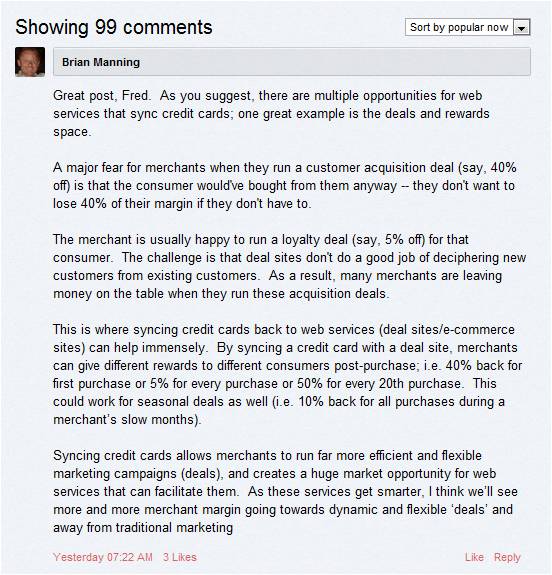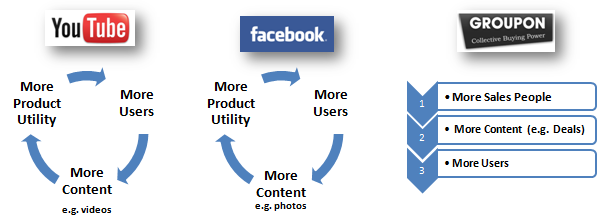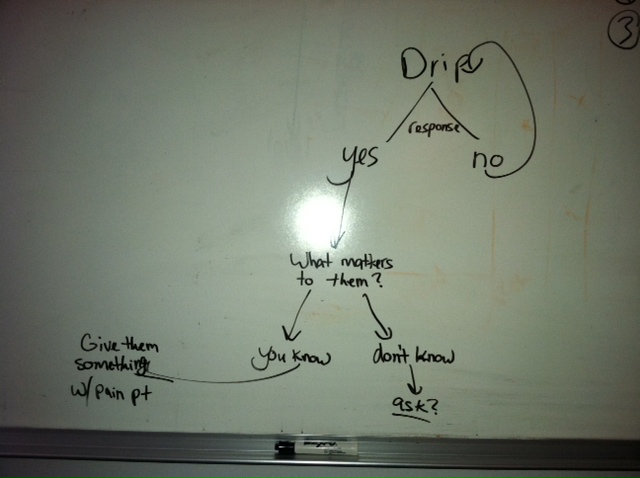The Debt Ceiling and Politics
I’m certainly not a political or economic expert, but the debt ceiling debate in Washington seems to be much more about politics than it is about the viability of the economy. A few facts to consider:
- Congress put the debt ceiling into place in 1917
- The purpose was to cap the President’s ability to borrow and spend money so it wouldn’t get out of control
- This was necessary back then because at the time Congress had little control over our budget
- That has changed
- Since the 70’s Congress has direct control over the budget each year (taxes and spending)
- The ceiling, which is now at $14.3 trillion, has been raised nearly 100 times since 1917
From what I've read, most agree that raising the ceiling would have little material effect on the economy, good or bad. Though it would be an important, high profile, symbolic event reminding all of us that the U.S. needs to quickly get its spending in check. I think we’re all for that.
But most also agree that not raising the ceiling could be catastrophic for the economy (though there's no precedent for it as it's never happened). We’d default on our debt payments, raising interest rates and damaging the credit rating of the United States. The economy would almost certainly fall back into recession.
So why all the support for not raising the ceiling? Why not just raise it one more time? What’s the big deal?
The answer is simply politics. This symbolic event is a fantastic opportunity to make the President look economically incompetent. Putting up a big fight puts a huge amount of attention on the fact that our national debt is out of control and makes the President look bad as he ramps up his re-election efforts.
While I recognize the need for political posturing, not raising the ceiling makes no sense given the fragility of this economy. It would be a classic case of the punishment not fitting the crime (only we’d be punishing ourselves).
As James Surowiecki writes in this week’s New Yorker, it’d be akin to "shooting yourself in the head for failing to follow your diet." Let's hope Congress puts politics aside and sees it that way too.


